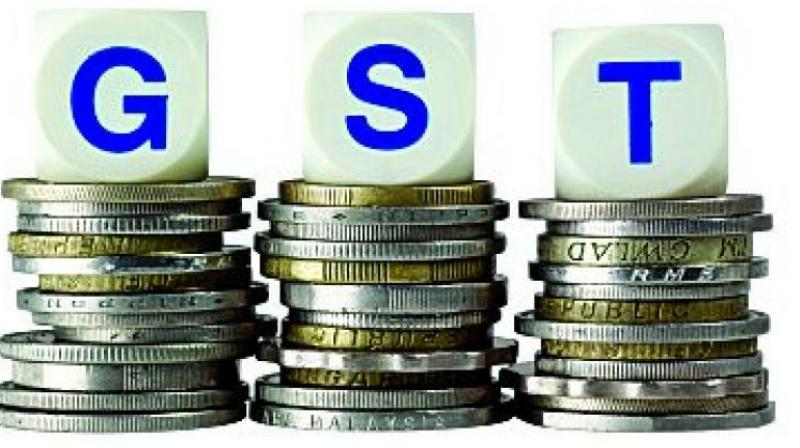CAIT demands review of GST rates for auto spares, FMCG
CAIT said a higher rate of taxation will trigger a price rise resulting in reduced sales and inevitable layoffs.

New Delhi: Traders body CAIT today demanded are view of the GST rates proposed for automobile spare parts, certain FMCG products and handbags saying they will severely impact business and shrink demand.
In a letter to Finance Minister Arun Jaitley, CAIT said the recent rate fitment exercise has resulted in categorisation of some important items such as daily consumables or raw materials being bracketed in the highest 28 per cent slab which was originally intended for luxury or demerit goods.
"While this move may augment revenue no doubt, yet it would severely impact not just millions of traders, stockists, distributors and retailers but will also impact consumption through higher pricing of items which either have nutritional value like malt based drinks or food items such as ghee and butter which are mass consumption items," it said.
The GST Council, chaired by Jaitley and comprising state finance ministers, will meet tomorrow and finalise the tax rates for the Goods and Services Tax (GST) regime which will kick in from July 1.
The CAIT sought reduction in the tax rates on malt based drinks like Horlicks, Boost, Bournvita, Complian and Amul Pro from current 28 per cent to 12 per cent. It also sought reduction in the rate of taxation of auto spare parts from the proposed 28 per cent to 5 per cent by treating them as raw material. Besides, it sought a similar tax slab for Tractor spares.
As regards a 28 per cent tax rate proposed for handbags and wallets, CAIT said a higher rate of taxation will trigger a price rise resulting in reduced sales and inevitable layoffs, an undesirable situation.
It sought a reduction of the rate to 5 per cent. It said that since so far there has been no tax on clothes, fabrics should be categorised at the 5 per cent slab under the GST regime.
So, while yarn can be kept at 12 per cent, it's imperative that a lower tax rate of 5 per cent should apply on cotton and synthetic garments.

